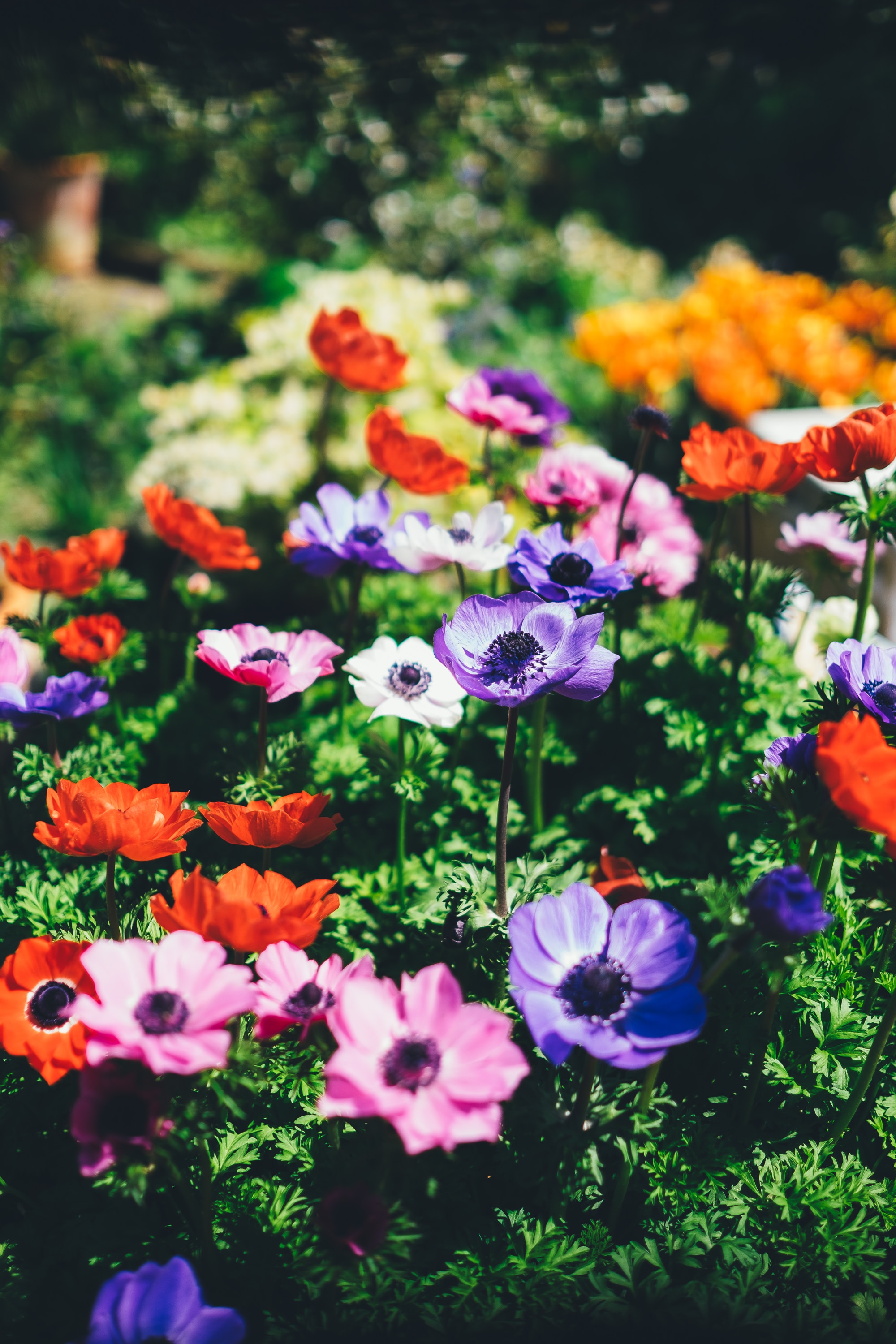Eighty-three
- Judith Cox

- Nov 14, 2021
- 2 min read
Judith puts the finishing touches to her garden clean-up and prepares her beds with a mulch of maple leaves.
Greetings fellow gardeners,
It is coming down to the wire. So many things to get done and the weather continues to cool. I need to keep stacking the wood or the too-many cats will be very upset that the woodstove is not working. Just as I prepare to stay warm this winter, I also need to prepare the garden for the upcoming winter season.

The only way to do this is one log at a time
This summer I played host to a project by a PhD student who was studying bees. She installed special boxes to encourage bees to nest. She came by last week to take the nesting boxes back to the lab where the leaf-cutter bees, who set up shop will be well-observed until spring. I learned a lot by participating in this experiment; bees love my messy garden. I have a lot of weeds and wildflowers that the bees enjoyed.

Off to the lab
I have continued to empty my pots, picking the last of the lettuce and removing droopy annuals. I store my pots in a little shed and I try to clean them up with a mild dish detergent and water. I have been dumping the soil from the pots into the compost or leaving it in the perennial garden. The nutrients have been depleted but I can add compost and leaves, and they will break down over the winter. I like to add compost to my vegetable and perennial gardens in the fall and sometimes I add manure as well; it all breaks down. As I have a maple tree, I am able to use its leaves in my garden. I add the leaves first before compost and manure. Maple leaves break down quickly. I never use the fruit tree leaves as they are often carriers of fungus or disease, and they take longer to break down.

Maple leaves
As I finish putting the pots away and adding compost and leaves to the beds, I have a chance to check out what kind of plants are left. I cut down the peonies and the phlox because they have mould and mildew. If I cut them down and remove the leaves, there are fewer chances of more mildew next year. I make sure that the roses in and around my perennial beds are wrapped up in bird-netting to catch and collect the snow. The January freeze-thaw is what will kill my roses and tender perennials, but the snow will protect them. Remember that if you use salt on pathways the salt will leach into the soil and hurt your plants. Try to find a less toxic choice.

Asters
I leave perennials like sedum and asters because they have lots of seeds and provide shelter for birds and over-wintering insects. The other benefit of leaving your perennials is that they will hold snow on your garden and add protection.
So, the winter preparations are done. All of the pots are emptied, the compost and leaves have been added to the beds, the roses are wrapped in netting and most of the wood is stacked.
Enjoy your week.
Judith. (Email: sghorticultural@gmail.com)
Veggie Bites are available at https://sghorticultural.wixsite.com/website or https://gardeningcalendar.ca/articles/veggie-bites/



Comments